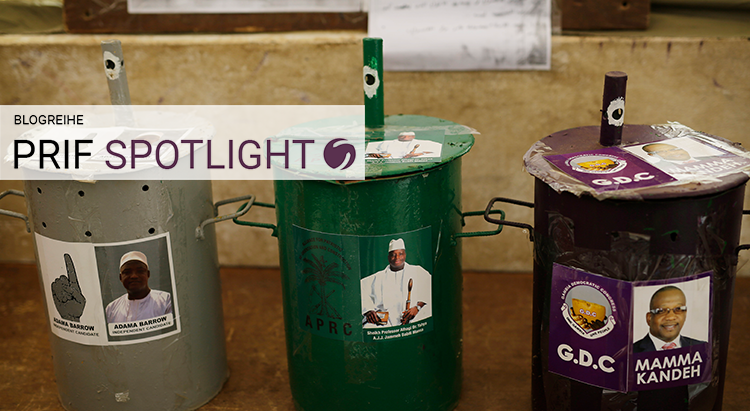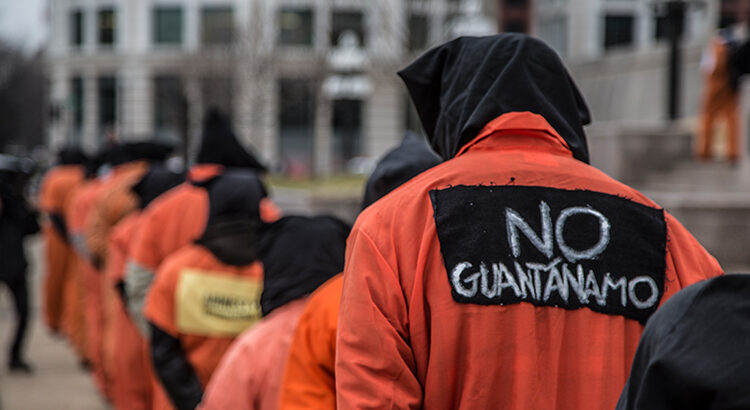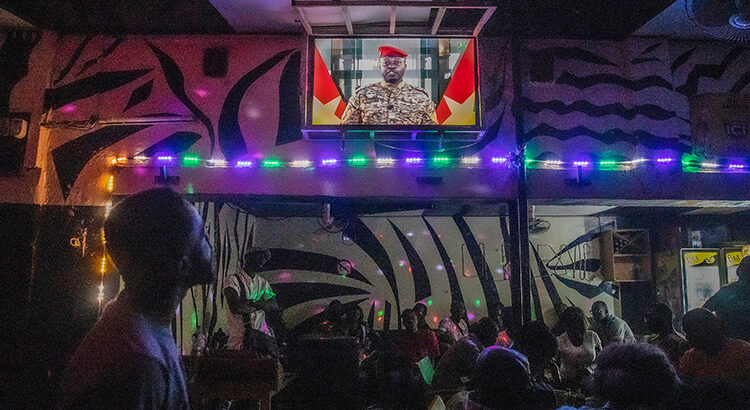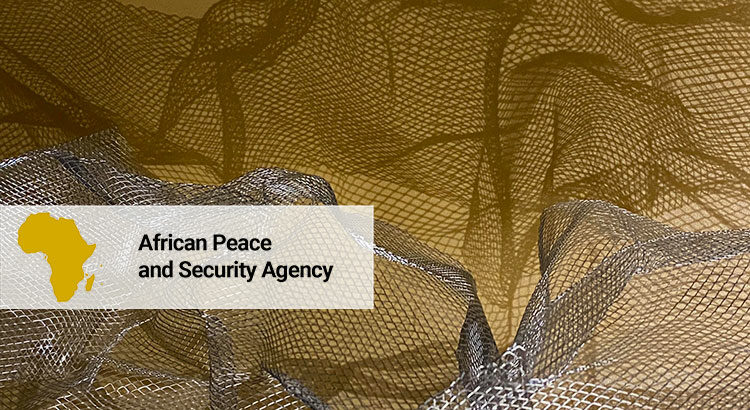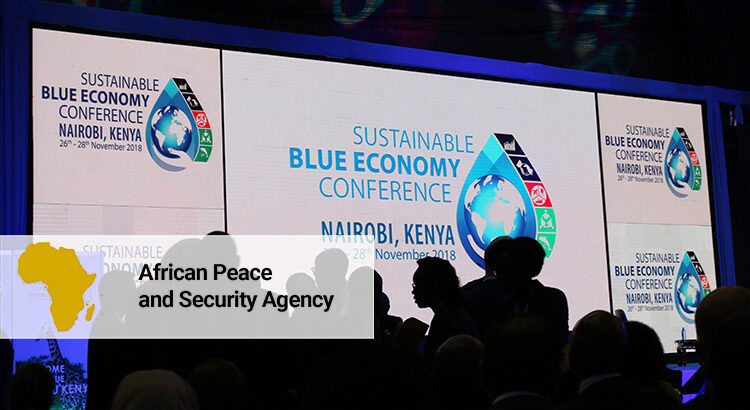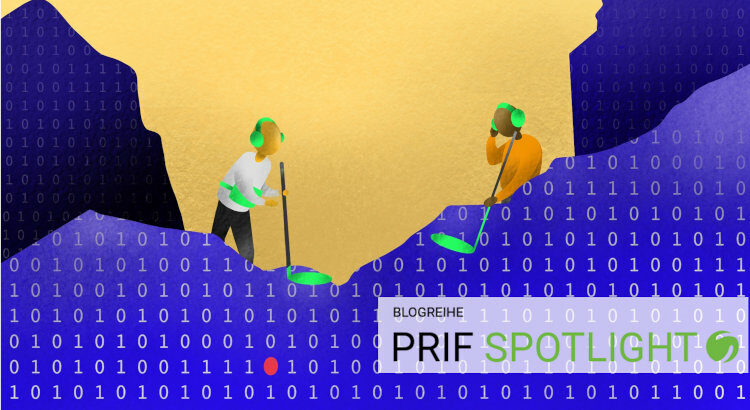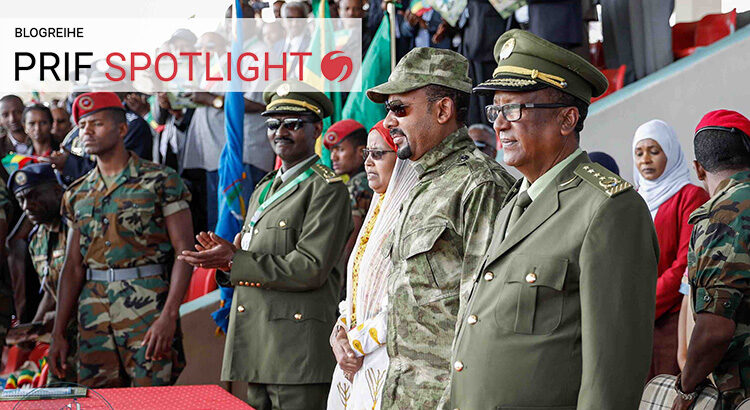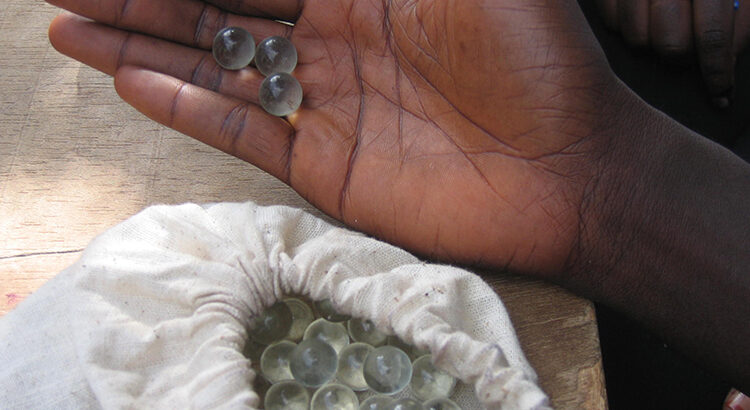The African Union’s (AU) peacebuilding efforts in The Gambia reflect the organization’s growing responsibility in this field. From 2018 to 2020, the AU deployed the African Union Technical Support Team to The Gambia (AUTSTG). Drawing on interviews and document and media analyses in 2020/2021, this PRIF Spotlight examines this novel mode of engagement and points out an emerging dilemma: The AUTSTG was successful as a technical and pragmatic intervention. However, this only came at the expense of supporting long-term political processes and thus undermined the AU‘s holistic peacebuilding policy.
Kategorie: English
A Guantánamo in Syria for European Jihadists is not a Solution
Despite previous European calls for the US to close Guantanamo Bay detention camp, established twenty years ago, several European countries are using similar de facto detention camps in Syria. This blog-post argues that detention camps controlled by Kurdish forces in northeast Syria are a security risk rather than a solution. Aside from humanitarian and legal arguments usually made in this context, recent developments in northeast Syria show that Islamic State of Iraq and Syria (ISIS) is regrouping, illustrated by its high scale attack on the Ghweran prison in Al-Hasaka, in January 2022.
Looking back to understand the present: The coup in Burkina Faso and the legacy of regional interventions
The third military coup in West Africa in less than a year happened on 23rd January 2022 in Burkina Faso. The government of ousted President Roch Marc Christian Kaboré was declared deposed, the constitution suspended, and parliament dissolved. The strong man behind the military take-over is Lieutenant Colonel Paul-Henri Sandaogo Damiba. Initial international reactions have called on the military to engage in dialogue and return to democratically constituted order. A delegation of ECOWAS and UN high representatives arrived in Ouagadougou to hold consultations in the country which will inform the ECOWAS summit on 3rd February 2022. Eyes are on the regional body following its harsh sanctions applied against neighboring Mali. While comparison with Mali is important to understand developments in the Sahel region, looking at the current situation in Burkina Faso through the prism of previous coups in the country as well as local experiences of regional interventions might yield more fruitful insights to understand what is going on.
Enhancing Coordination within the African Peace and Security Architecture
Over the last two decades, African states have demonstrated increasing agency in addressing conflicts by using their capacities at the national, sub-regional and continental levels. This newfound quest for inward solutions was ushered in by the formation of the African Union (AU) in 2001 which was empowered with normative and institutional mechanisms to coordinate African preventive and reactive approaches to crisis situations. Although this African agency is a welcome development, significant gaps remain in terms of harmonising various capacities within the African Peace and Security Architecture (APSA). Further harmonization requires a critical rethinking of APSA’s coordination mechanisms in peace and security.
Investment in the Blue Economy for enhanced Maritime Security
The conventional understanding of maritime security is one that is viewed as battle-ready and state-centric. However, a more sustainable approach would be investment in the maritime sector under the Blue Economy (BE) lens. This would bring the general public into the fold of manning the marine space and frontiers, it would be essential in increasing the scope of security factors to be addressed. The incorporation of BE into African Peace and Security Architecture is vital in order to give it the required prominence within the continent’s peace and security agenda.
AI for Arms Control: How Artificial Intelligence Can Foster Verification and Support Arms Control
Time and again, modern technology has enhanced arms control – with satellites, surveillance planes or more potent sensory equipment – to detect traces of forbidden substances. More recently, uncrewed vehicles found their way into the arsenals of arms control inspectors, enhancing verification. A very promising yet more difficult application will be to make use of artificial intelligence (AI) in arms control. However, many people have mixed emotions when it comes to AI, and exaggerated hopes as well as unjustified fears dominate the debate. The aim of this paper is to dispel reservations and, based on small projects, show how AI can be used in a reasonable way to enhance arms control and verification without getting caught up in hype.
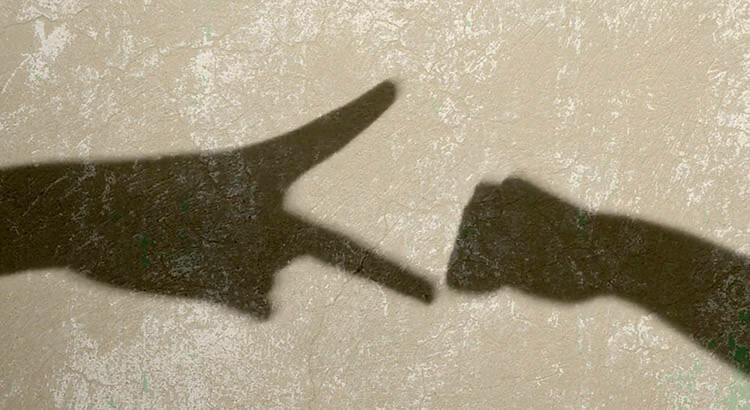
The Tricky Politics of Recognizing Armed Non-State Actors
The new volume “Armed non-state actors and the politics of recognition” by editors Anna Geis, Maéva Clément, and Hanna Pfeifer discusses armed non-state actors and their strategic pursuit of being recognized as political actors. It includes methodological considerations as well as case studies from China, Ireland, Lebanon, Nigeria and, Sudan among others. The contributions study the strategic choices that state leaders, citizens, international organizations, and others make in granting such recognition, denying it, or recognizing on their own terms.
Civil War in Ethiopia. The Instrumentalization and Politicization of Identity
For more than a year, the civil war between the Ethiopian government and the Tigray People’s Liberation Front (TPLF) has been causing severe human suffering and fatalities in the thousands. According to the Office of the United Nations High Commissioner for Human Rights, both conflict parties have committed serious human rights violations. This Spotlight shows how the shifting dynamics of ethnic power relations and the strategy of elite management pursued by Prime Minister Abiy Ahmed contributed to the escalation of violence.
China in Post-coup Myanmar – Closer to Recognition, Further from „Pauk-phaw“
At the close of 2021 China remains one of the few foreign partners for Myanmar. Amid ongoing public resistance to the junta and violent protest suppression, Beijing and the new regime in Naypyidaw are looking for a new mode of mutually beneficial coexistence. The junta tries to buy China’s support and recognition through new bilateral projects, while China aims to create a safety net for its long-term interests in the country.
#GambiaDecides2021: A Sign of Democratic Hope?
Wherever you go in the Gambia, you will find people in the streets chattering about the presidential election surrounded by an air of excitement. Gambians call this chatter ‘gisgis’ and it is all about politics these days. On 4 December 2021, Gambians went to the polls. The first elections without the former 22 year-long president Yahya Jammeh contesting passed peacefully. His successor Adama Barrow, elected in 2016 quite surprisingly, was confirmed in power. With that, the Gambia passed a litmus test: having decided for continuity in times of change, Gambians send a strong signal of democratic practice to the region.
